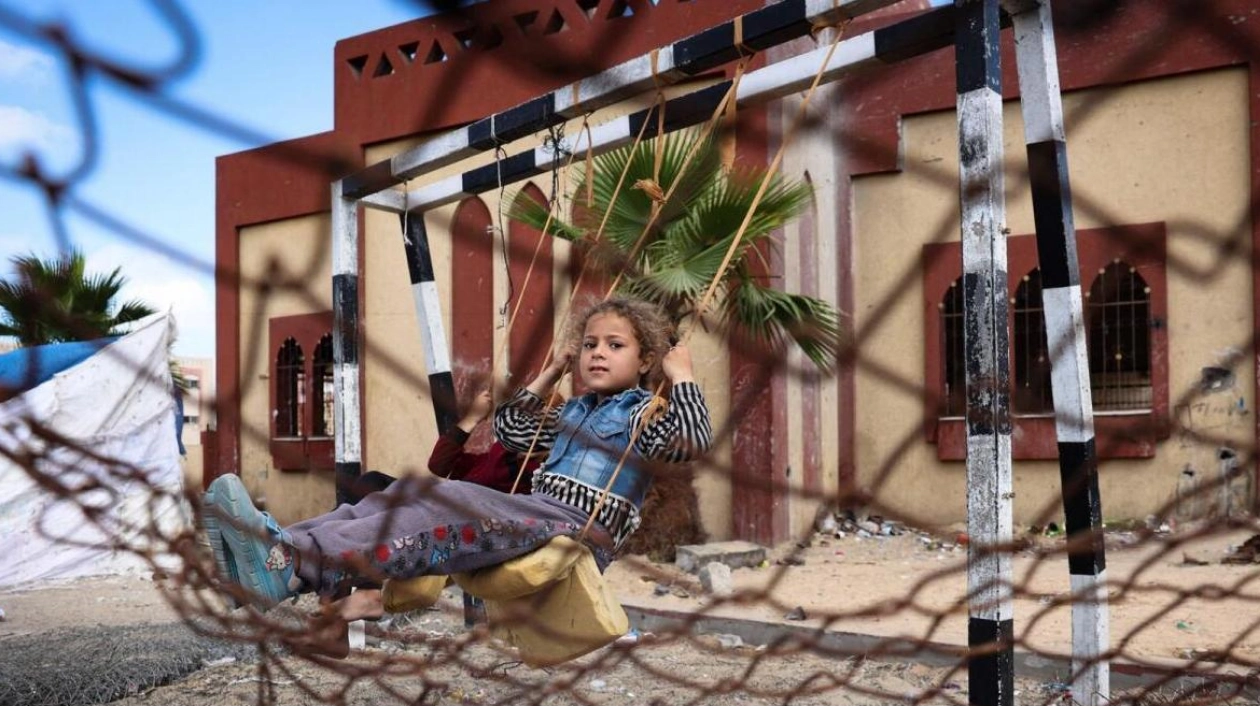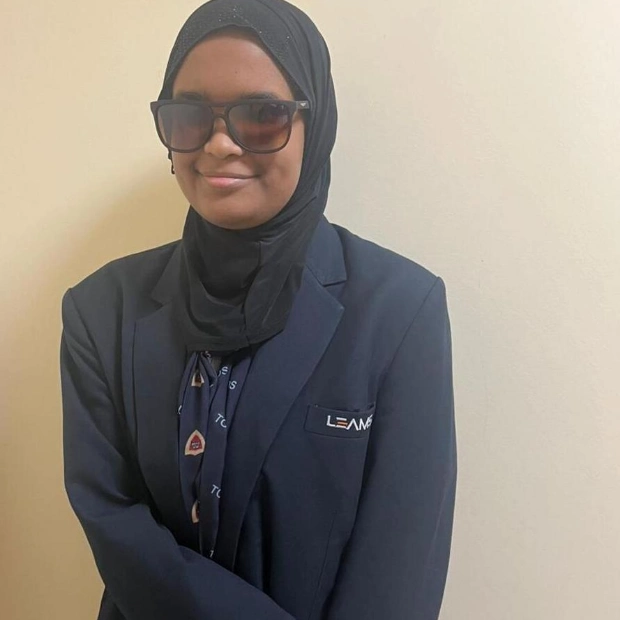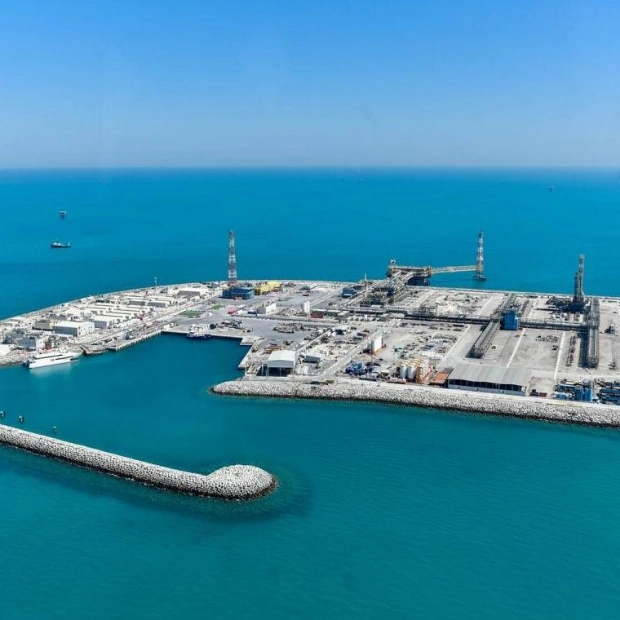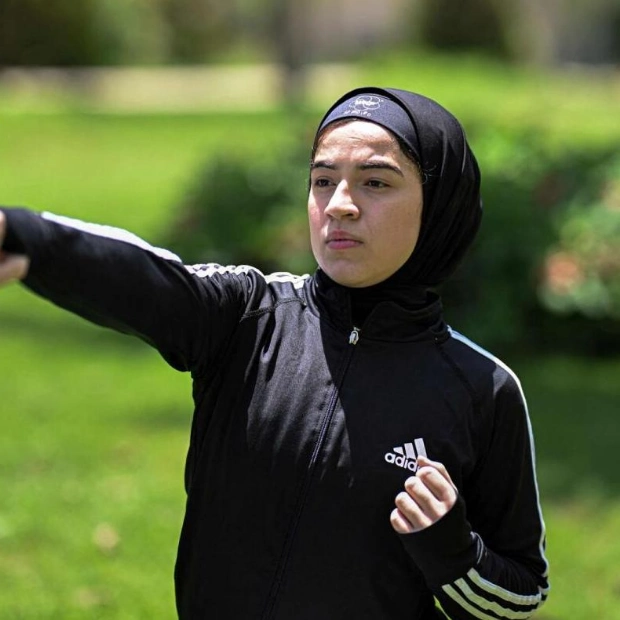Palestinian expatriates experience profound feelings of loss each summer as they witness friends embarking on summer vacations to their native countries. "It's devastating," shared Rehab, a 49-year-old business owner who chose to withhold her full name, in an interview with Khaleej Times. She lamented, "Observing other expats in the UAE returning to their homelands for holidays reminds me of my own inability to go back."
"After getting married, I realized I could no longer visit Gaza because my husband originates from the West Bank. To reach the occupied territory, we would need to take separate paths, and with a child imminent, we were reluctant to risk being stranded in Gaza. It was deeply distressing – Gaza is my home, and my family remains there. I haven't seen some of my relatives for 24 years." Palestinians interviewed by Khaleej Times expressed that "returning home remains an elusive dream." Border limitations and political intricacies have erected insurmountable obstacles for those yearning to reconnect with their homeland.
Nihal, a 53-year-old homemaker who also preferred anonymity, last visited Gaza in 2005. "The last time I went to Gaza was before the birth of my youngest daughter. I didn't anticipate that would be my final visit home. It's profoundly sad," she recounted. Heba, a 48-year-old school receptionist, hasn't been to Gaza in 18 years. She reflected, "After college, I started working, got married, and got caught up in life. Now, having lost relatives in the conflict, I regret not visiting when I had the chance. You never know when someone might pass away; life is uncertain. Every night before bed, I weep because I am deeply saddened."
Military operations persist unabated in Gaza, forcing Palestinians to abandon numerous neighborhoods, including those initially designated as humanitarian zones. Despite the ongoing conflict that further distances them from home, the Palestinian women interviewed by Khaleej Times remain determined to maintain connections with their loved ones in Gaza.
Rehab now depends on text messages to keep in touch with her family. "Before the conflict, we frequently used Botim, but now I only send texts because I can't bear to see the suffering they endure. It shatters my heart," she explained. Nihal, who previously met her relatives for brief reunions in Egypt, shared, "I now speak to my relatives over the phone. Before the war, we would gather in Egypt for a week. That is now impossible."
For Rehab, the aspect she misses most is the simplicity of life in Gaza. "I yearn for the simple life," she said, adding, "I am grateful to be in the UAE, but life in Gaza was much more straightforward. It evokes memories of slower, simpler times with my older relatives. The thought of not having seen my sister in 24 years is maddening."
Nihal longs for the communal cooking traditions. She expressed, "I miss cooking in Gaza. It may sound trivial, but the experience is vastly different there. In Gaza, you cook not just for your family but for the neighbors too." Heba, on the other hand, misses the tight-knit community and social gatherings. "I miss the closeness of everyone, the social events, and late nights. In Gaza, there were daily visits from neighbors. You never felt alone, and that is what I miss greatly."






